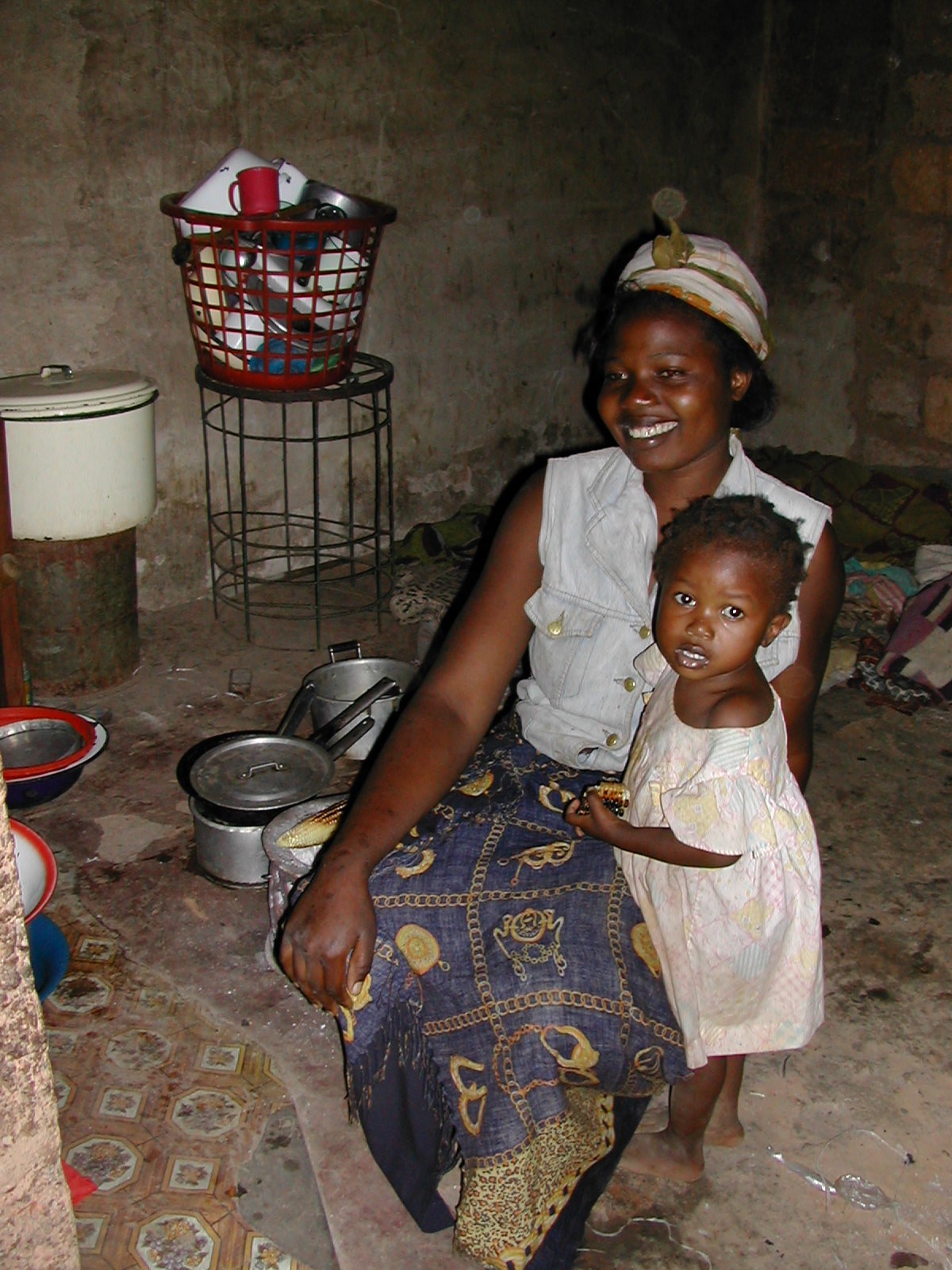People are most at risk from tuberculosis if they know someone who already has, or has had, TB. This could be someone they live or work with, or a close friend. It usually takes eight hours or more exposure for enough TB bacteria to build up in the body to be a risk.

Anyone can be affected by TB, though certain factors do increase risk. These are common to low-incidence countries like the UK as well as high-incidence regions such as Africa and Asia.
- Living where TB is common: You are more likely to be exposed to TB bacteria if you live in an area where TB is common. TB tends to cluster in urban areas – London has over 40% of the UK’s TB cases. Worldwide, just 22 of countries have more than 80% of the world’s TB cases.
- Homelessness, or living in poorly ventilated or overcrowded accommodation: TB bacteria can spread more easily and remain suspended in the air for longer in poor housing conditions or working environments.
- Immune system pressures: poor nutrition, poverty, poor housing and substance misuse can all weaken the immune system. Other illnesses can also make someone more vulnerable to TB. People living with HIV are at a particular risk from TB.
Find out more about the social and economic factors that can make people more vulnerable to TB, by going to Global TB challenges.
